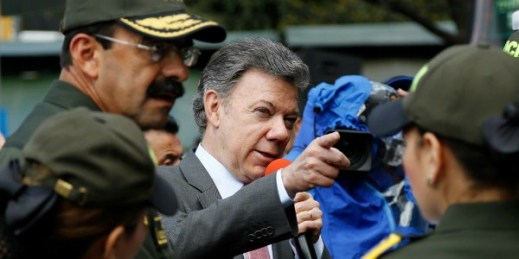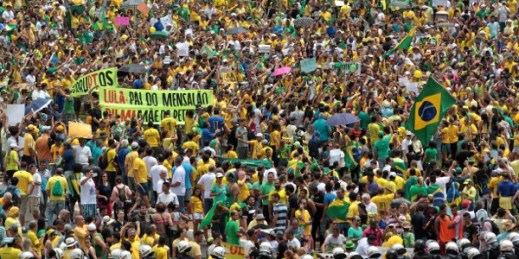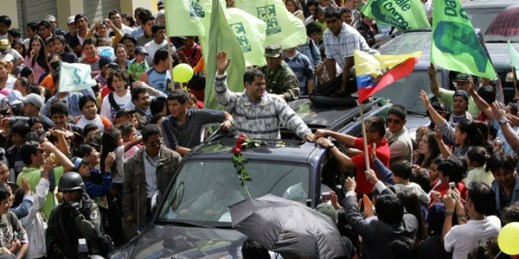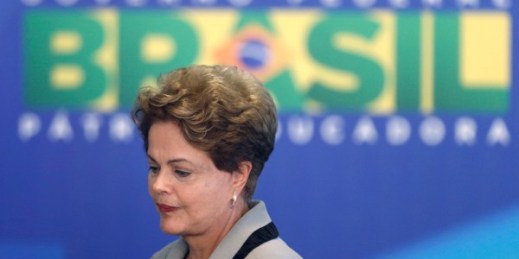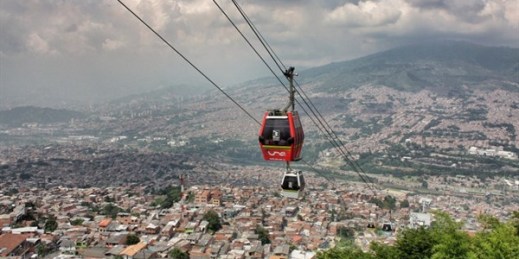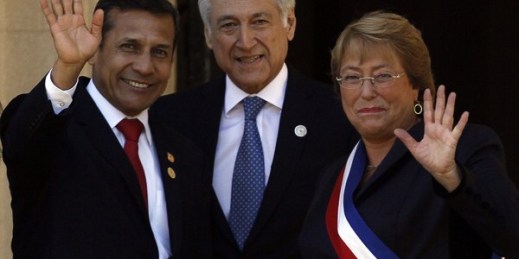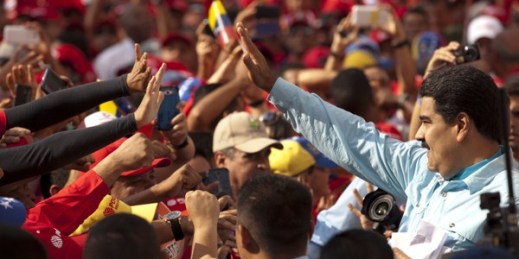
Venezuela is one country where U.S. foreign policy under President Barack Obama had struck the right tone—until a few weeks ago. A diplomatic miscalculation by Washington has strengthened the repressive Venezuelan regime and derailed the Obama administration’s campaign to bolster ties with Latin American nations after December’s landmark reopening of relations with Cuba. Amid the urgent foreign policy challenges from the Middle East, Russia and elsewhere, the Venezuela debacle has unfolded mostly below the radar. But for those who have watched closely, it seems like a once-successful policy taking a sharply damaging turn. The unraveling of Venezuela’s economy, institutions and […]

